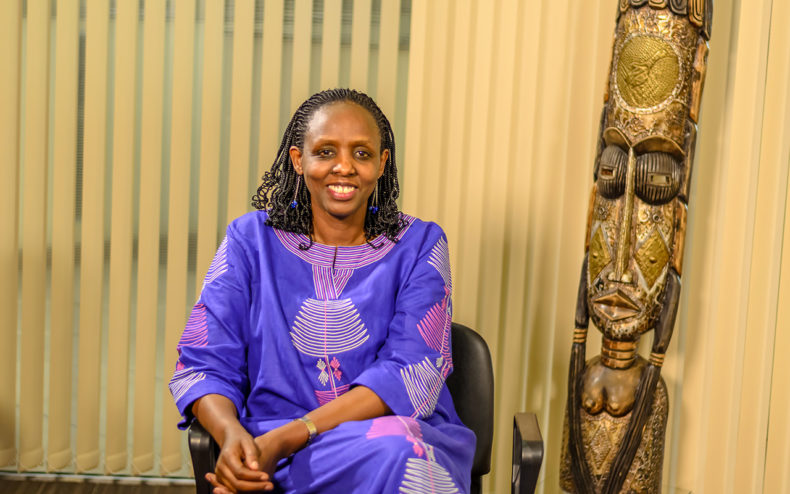The climatic conditions of the African continent is very dynamic and each country in Africa has its challenges and advantages, currently leaders and organizations in Africa have joined forces on making sure that discussions and choices about climate issues involving the continent’s requirements and preferences are well analyzed and viewed, this is a crucial step in ensuring that the continent as whole reaches new stages.
AGRA President Dr. Agnes Kalibata, at AGRF Summit in Dar es Salaam, emphasized the importance of this collaborative effort., “Africa is collaborating to ensure that climate dialogues and decision-making are inclusive of African needs and priorities. This is the key to ensuring that we find solutions in Africa, for Africans,.” Dr. Kalibata stated
She loudly echoes the growing consensus among African leaders that a united front is essential to navigate the complexities of climate change.
The African continent is no stranger to the adverse effects of climate change, including extreme weather events, rising temperatures, and changing precipitation patterns. These factors lead to significant challenges to agriculture, water resources, and overall socio-economic development. However, the continent also boasts a rich tapestry of natural resources, cultural diversity, and innovative solutions that can be mobilized to address these challenges.
The collaboration among African nations and organizations is not merely symbolic; it represents a pragmatic approach to finding tailored solutions that consider the continent’s unique circumstances. The first step in this concerted effort is to conduct thorough analyses of the region’s diverse climate issues. Experts and policymakers are working hand in hand to identify the specific challenges faced by each country, taking into account their distinct geographical, cultural, and economic contexts.
The focus on inclusivity in climate dialogues is a departure from the past, where external perspectives often dominated discussions. African leaders are keen on ensuring that their voices are heard, and decisions are made with a deep understanding of what the continent truly needs. This approach aligns with the broader global call for climate justice, emphasizing the responsibility of all nations to address the climate crisis, taking into account historical contributions to carbon emissions.
One of the notable aspects of this collaborative effort is the commitment to knowledge sharing and capacity building. African nations are pooling their resources to support research, technology transfer, and education initiatives that empower and strengthen local communities to adapt and thrive in the face of climate challenges. The emphasis on building resilience at the grassroots level is seen as a critical component of Africa’s response to climate change.
Africa’s united front against climate change marks a historic milestone in the continent’s journey toward sustainable development.
The commitment to inclusive dialogues, created solutions, and collaborative action reflects a new era of agency for African nations in shaping their destiny. As the global community engages with the urgent need for climate action, Africa’s bold initiative stands as a beacon of hope and a testament to the power of unity in confronting shared challenges.
